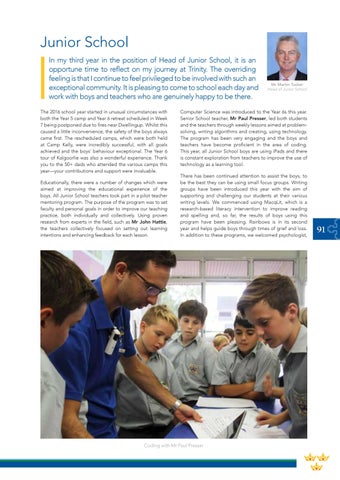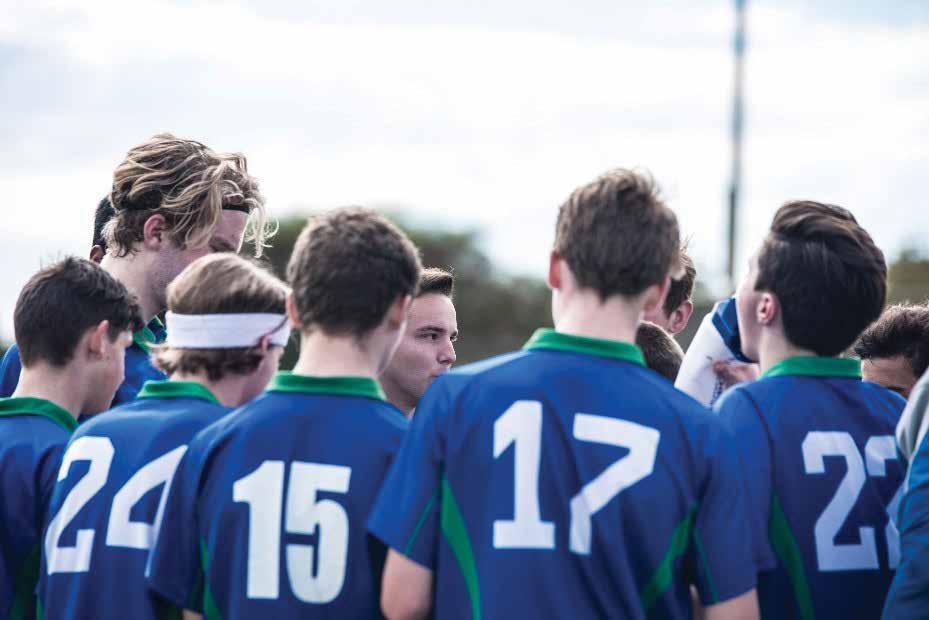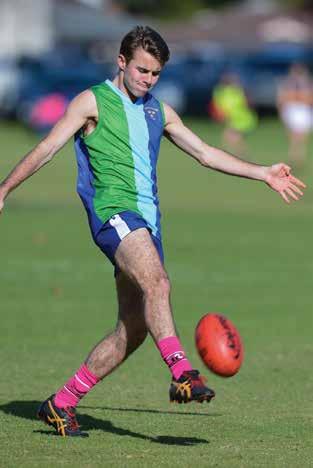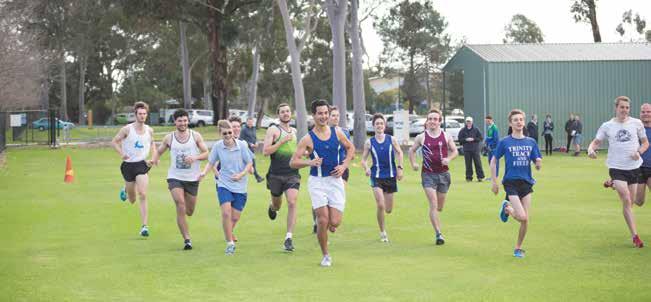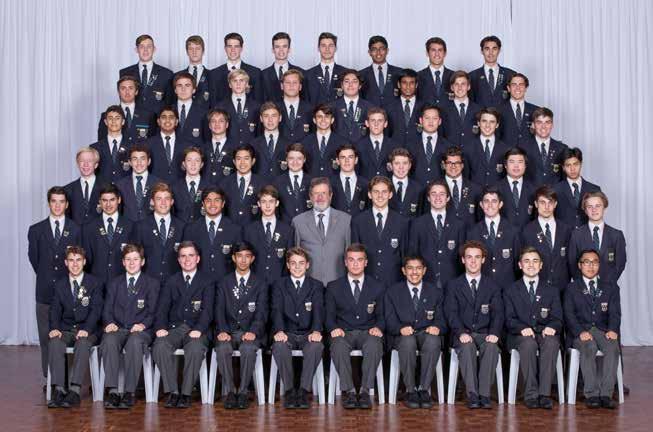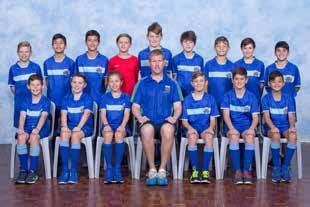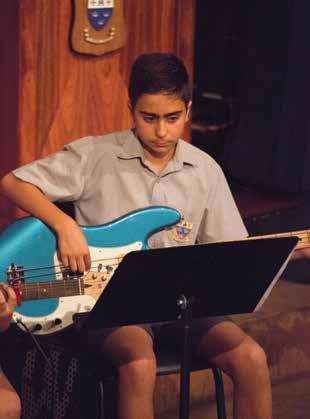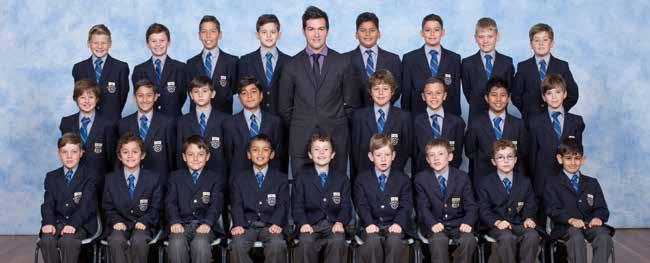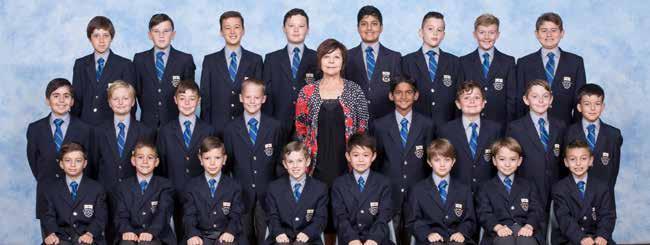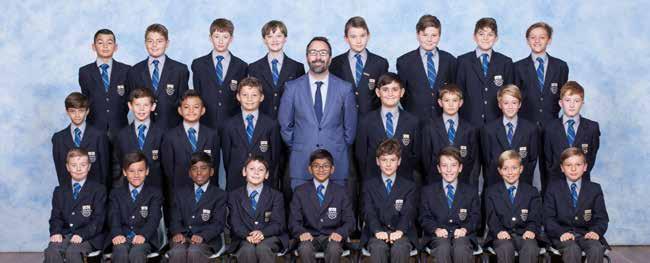Junior School In my third year in the position of Head of Junior School, it is an opportune time to reflect on my journey at Trinity. The overriding feeling is that I continue to feel privileged to be involved with such an exceptional community. It is pleasing to come to school each day and work with boys and teachers who are genuinely happy to be there. The 2016 school year started in unusual circumstances with both the Year 5 camp and Year 6 retreat scheduled in Week 7 being postponed due to fires near Dwellingup. Whilst this caused a little inconvenience, the safety of the boys always came first. The rescheduled camps, which were both held at Camp Kelly, were incredibly successful, with all goals achieved and the boys’ behaviour exceptional. The Year 6 tour of Kalgoorlie was also a wonderful experience. Thank you to the 50+ dads who attended the various camps this year—your contributions and support were invaluable. Educationally, there were a number of changes which were aimed at improving the educational experience of the boys. All Junior School teachers took part in a pilot teacher mentoring program. The purpose of the program was to set faculty and personal goals in order to improve our teaching practice, both individually and collectively. Using proven research from experts in the field, such as Mr John Hattie, the teachers collectively focused on setting out learning intentions and enhancing feedback for each lesson.
Mr Martin Tucker Head of Junior School
Computer Science was introduced to the Year 6s this year. Senior School teacher, Mr Paul Presser, led both students and the teachers through weekly lessons aimed at problemsolving, writing algorithms and creating, using technology. The program has been very engaging and the boys and teachers have become proficient in the area of coding. This year, all Junior School boys are using iPads and there is constant exploration from teachers to improve the use of technology as a learning tool. There has been continued attention to assist the boys, to be the best they can be using small focus groups. Writing groups have been introduced this year with the aim of supporting and challenging our students at their various writing levels. We commenced using MacqLit, which is a research-based literacy intervention to improve reading and spelling and, so far, the results of boys using this program have been pleasing. Rainbows is in its second year and helps guide boys through times of grief and loss. In addition to these programs, we welcomed psychologist,
Coding with Mr Paul Presser
91
